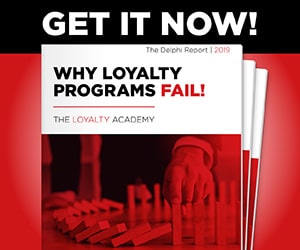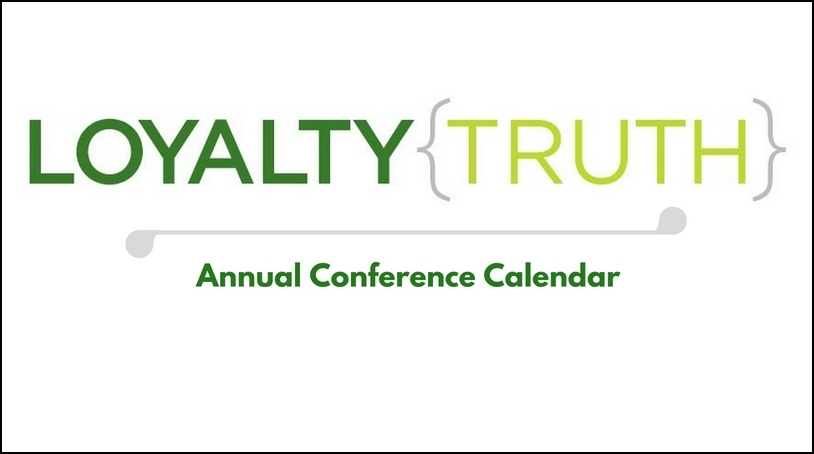I’ve given lots of thought to the convenience retail sector of late and have been haunted by Rick Barlow’s caution that “Even the best Loyalty program can’t overcome a core business problem”. There are a few core business problems that exist in convenience retailing, most of which seem to be accepted by ownership. If allowed to continue, they will squash the effectiveness of every dollar spent on promotional marketing. Here’s a short list of C-store ills:
1. The store is dirty, inside, outside, at the counter, in the restrooms.
2. The store does not provide a secure environment for your visit. We have all been in C-Stores where you feel like packing your “Nine” before entering.
3. The store managers allow a “black market” atmosphere to take hold, i.e. it’s the store where anyone underage can find their way to cigarettes, alcohol or anything else that has age restrictions for purchase.
I’ve attended a bunch of conferences this year, and the most interesting from a purely human standpoint was the NACS Show in Atlanta this past October. With over 25,000 in attendance, 3,000 attending the keynote speech, and about 1 Million square feet of exhibit space covering the Georgia World Congress Center, NACS was therapy for anyone suffering from sensory deprivation. If you ever had curiosity about where the tremendously broad mix of products on C-store shelves come from, it was all on display at NACS.
The timing of NACS and the mounting stream of news about Four Loko, Joose and similar alcohol, caffeine, and herbal concoctions aimed at the youth market made me think about how convenience brands may be unwittingly shooting themselves in the foot. Recent incidents on college campuses and the death of one student at Florida State are alleged to be tied to use of this category of products and the Four Loko drink has been banned in its previous form across the country.
There’s another product, categorized technically as incense, but commonly purchased and used by teens as a “fake marijuana”. It’s marketed under various brand names like K2 and Mr. Nice Guy. At the time of the NACS show, there was growing concern in the law enforcement community about this family of products and only 2 weeks ago, the DEA announced plans to ban “legal weed” nationwide.
How does the industry react? Suppliers urge to stock-up before the ban, and my local C-Store now carries something called “K3”. If I were the owner of a national convenience store brand like 7-Eleven, Wilson Farms, Sheetz, or Racetrack, I would seriously consider how my product mix serves my customer base and in turn impacts customer loyalty. For independent C-store owners, all one can do is plead for them to have a conscience. Do none of these people have children in their house?
I understand that we live in a capitalistic society and that we have a constitution granting personal rights and freedom of choice to each citizen, but “while all is possible, not all is beneficial”. You are free to call me naive, but I’ll bet that the bottom line dollar to the store owner would not change significantly if a select number of products potentially harmful to young people were eliminated from stock.
With a clean store, safe environment, and consciously crafted family product offering, any of the convenience brands I have mentioned could market an enhanced brand image that emphasized family, safety, convenience and even value. To continue to conduct business on a “wink-wink” basis may yield profits in the short term but will constitute the consummate anti-loyalty program for C-stores over the longer term.
Congress shocked the industry by taking action against the alcohol/caffeine/herbal cocktail market and C-stores could find more attention coming their way unless they take a leadership role and walk a higher road.




